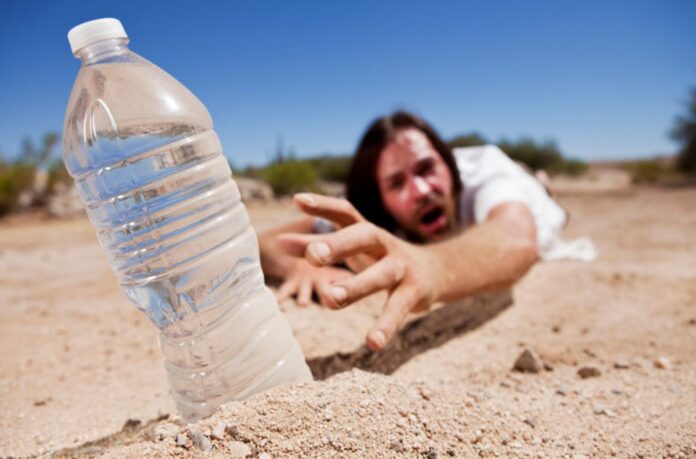Dehydration is a serious health issue that needs to be addressed immediately. Water is a basic need, and adequate hydration is crucial in facilitating a myriad of the body’s basic functions. This isn’t surprising since more than half of body weight is made up of fluids.
What’s surprising, though, is up to 75% of Americans may be chronically dehydrated. The basis for such assertion is a self-assessment on whether participants were strictly adhering to the 13-cup intake recommended by the Institute of Medicine (IOM).
Dehydration FAQs
With summer just around the corner, the risk of acquiring heat-related problems substantially increases. This article would discuss the things you need to know about dehydration: its causes, symptoms, treatment, and prevention.
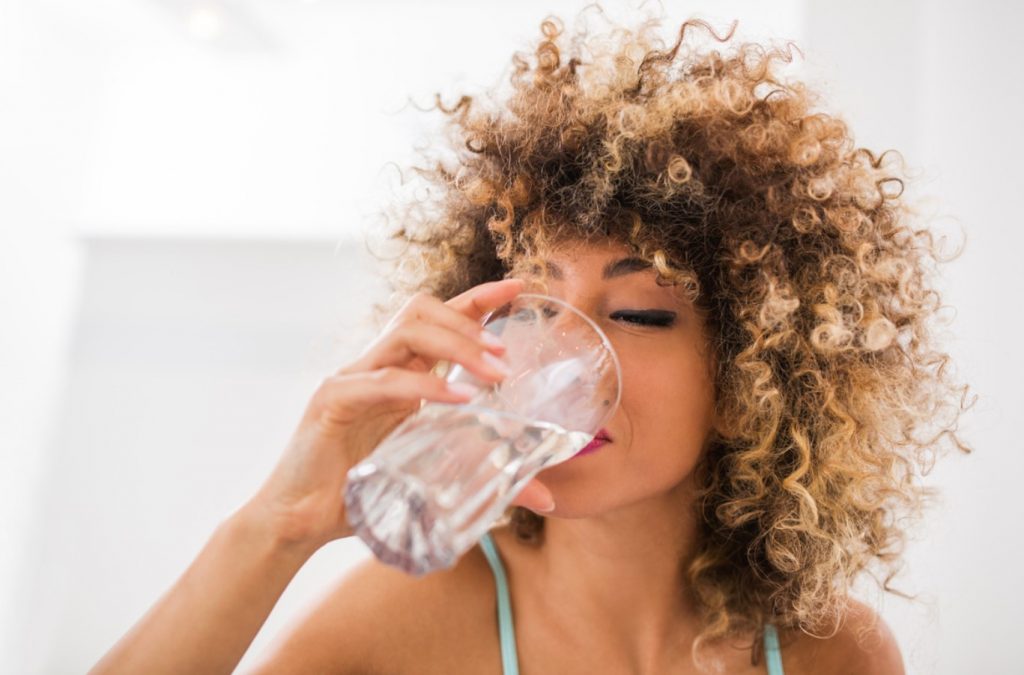
1. What is dehydration?
Dehydration is defined as the loss of at least two percent of body weight. A simpler explanation would refer to the term as losing fluids at a rate faster than you can replenish. It can also mean not taking enough water to facilitate normal body functioning.
2. How much water do you need?
It’s hard to determine something that’s lacking without a basis for measurement. The two percent body weight loss is too technical, so people are just being told to drink eight glasses a day. But experts may disagree and would rather tell you to increase your intake.
Besides the requirement set by the IOM, the US National Academies of Sciences, Engineering, and Medicine recommends adult women should take about 11.5 cups or 2.7 liters of water and more if they’re pregnant or nursing. Men, on the other hand, need to have 15.5 cups or 3.7 liters daily.
These are the guidelines for adults living in temperate zones and doing average physical activities, but the basis for fluid requirement varies from one person to another. Levels of physical activity, location, and overall health, as well as gender, are the major considerations in determining the basic requirement of an individual.
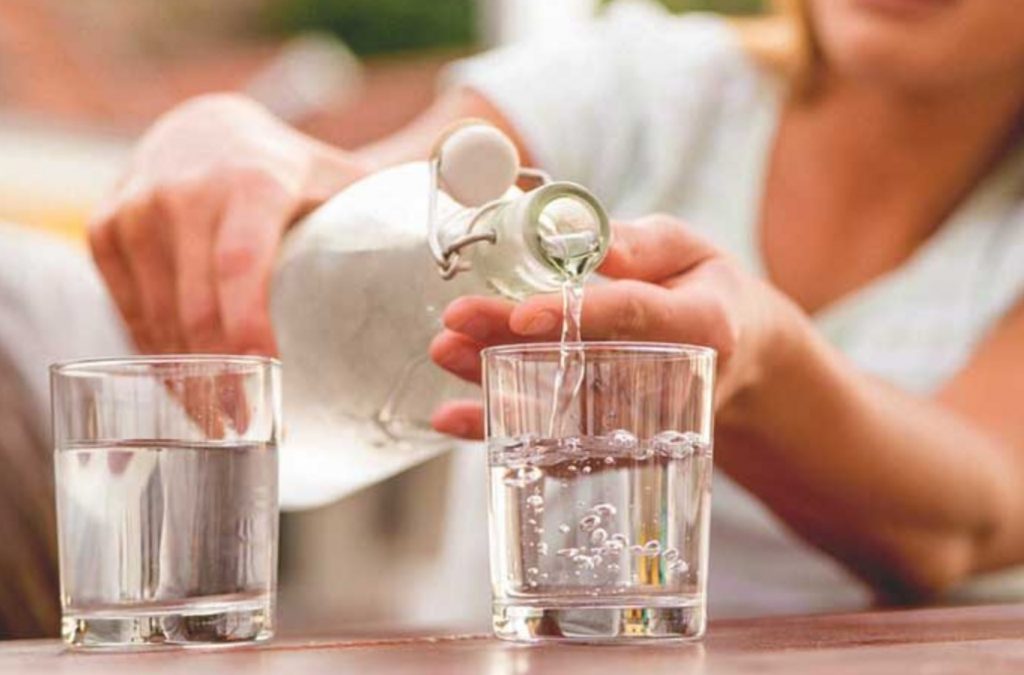
3. What causes dehydration?
There’s a myriad of reasons why an individual may fail to consume fluids regularly. Some may forget to take a few sips throughout the day while some may be suffering from specific illnesses. In some parts of the world, water may be a scarce resource and not everyone may have access to it.
Below are the most common reasons for dehydration:
- Intense heat: Heat causes people to sweat easily. And as you may know, sweating causes fluid loss. If you’re exercising outdoors, it’s best to have a water bottle with you.
- Health conditions: Fever and diabetes, among other health issues, can lead to increased fluid loss through frequent urination. In addition, some medicines may act as diuretics. Persons suffering from allergies may also experience issues; navigate here for more information.
- Too much sweating: Physical activities performed in a hot environment can also result in too much sweating as the body tries to regulate its temperature.
- Diarrhea: Food contributes about 20% of your total liquid intake. These are extracted when food passes through the large intestine. If you have diarrhea, your intestines don’t work properly and you’re only excreting rather than absorbing fluid.
- Vomiting: In some cases, the water you take in is immediately thrown up, making rehydration extremely challenging. This also makes you lose more than necessary.
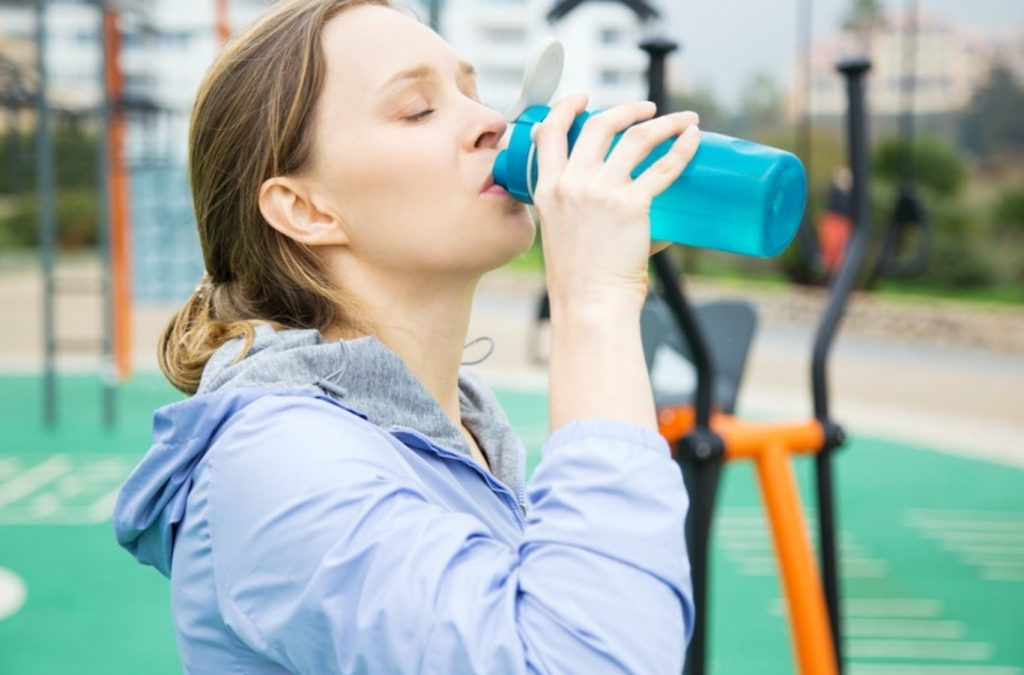
4. Who is at risk for dehydration?
All of us may experience dehydration now and then. However, certain groups of people may be more vulnerable than others. Here are some of them:
- Senior citizens: their bodies are less efficient and most suffer from incontinence or taking medications impeding hydration.
- Babies: their body temperature is typically warmer than adults because of their high metabolic rate. Additionally, they can’t complain about being thirsty, especially when they’re sick.
- Nursing mothers: mothers nursing babies have higher fluid requirements and they’re more prone to dehydration if they don’t drink enough.
- Persons with specific health conditions: conditions such as diabetes and kidney disease may lose water faster due to increased urination.
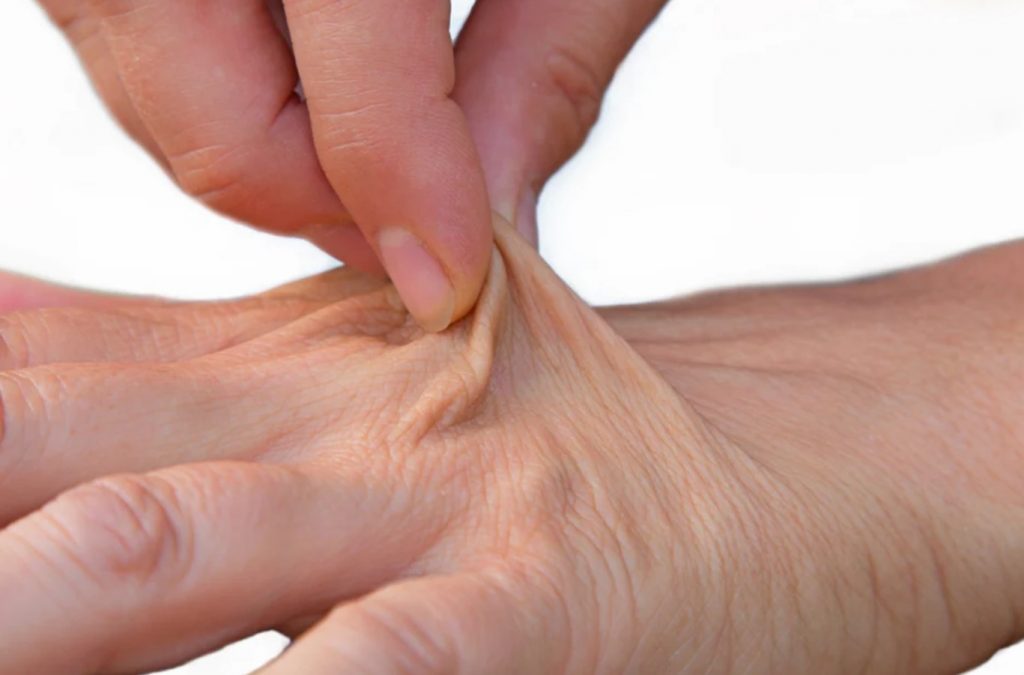
5. What are the symptoms and treatment for dehydration?
In some cases, a dehydrated person may feel tired and may suffer from headaches, dizziness, and a dry mouth. Serious instances may trigger delirium, low blood pressure, dry skin, and increased heart rates. It can also lead to a loss of consciousness.
On the other hand, heat cramps happen when your body loses its ability to cool itself. When this happens, your body replenishes lost fluids from your plasma—the liquid portion of your blood. This lowers your blood volume, causing your blood pressure to suddenly drop. As the situation worsens, it can lead to heatstroke where a person’s internal organs may shut down.
The usual cases of dehydration may only need fluid replenishment. Also, it can be treated by moving to cooler environments or having a cold bath. If left untreated, though, a person who’s exposed to extremely hot temperatures may suffer from heat exhaustion.
Meanwhile, more serious cases may require oral rehydration salts in liquid, powder, or intravenous forms.
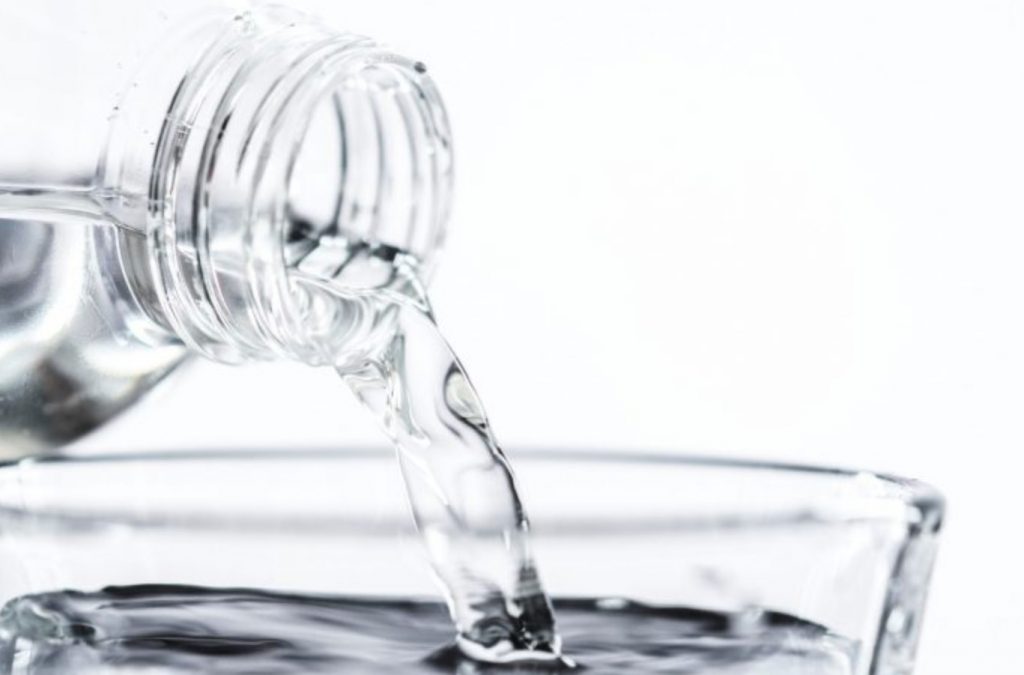
6. How do you prevent dehydration?
Once temperatures soar, the risk of dehydration also shoots up. Here are some of the steps you can take to cool down:
- Drink plenty of fluids: Drink more than eight glasses of water a day but more if you’re living in a tropical country or you’re sick. Avoid beverages such as powdered juices and soda as sugar may impede proper hydration.
- Consider taking electrolytes: Athletes and gym buffs may need more than just water to rehydrate.
- Wear loose clothing: Clothes made from natural materials such as cotton are best for hot temperatures.
- Stay indoors during the day: Intense heat can be felt from 10 am to 3 pm. If you can stop yourself from going out during this period, do it. If not, take some water with you.
- Eat hydrating foods: Supplement your water intake with fruits and vegetables packed with water.
- Take extra precaution: This is important for persons included in the high-risk categories such as children, pregnant or nursing mothers, the elderly, and those with diabetes or kidney disease.
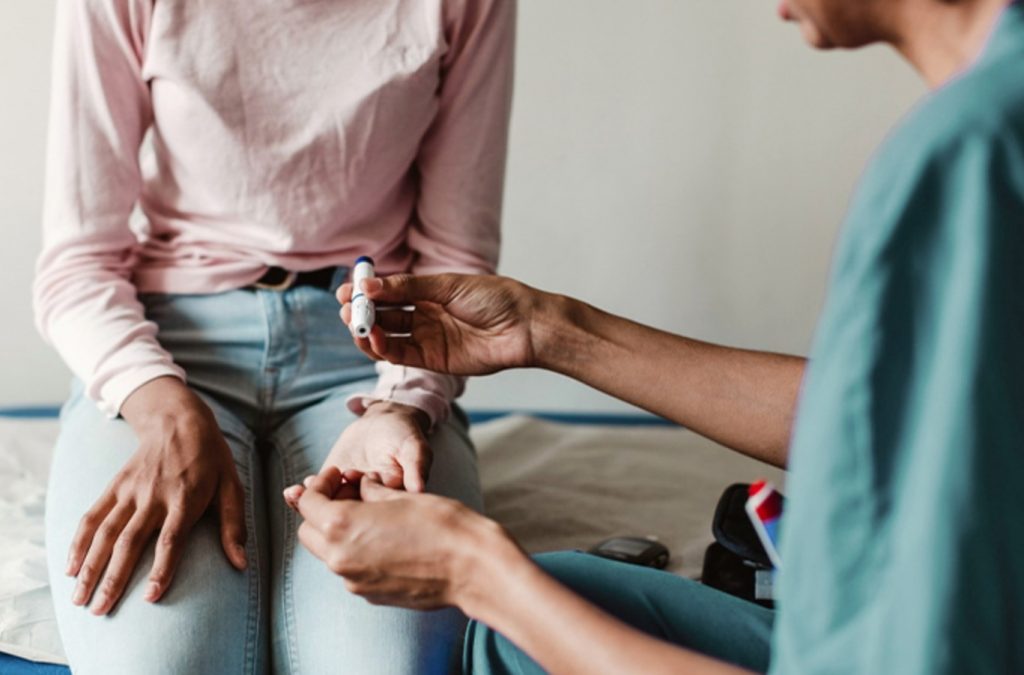
Bottom Line
Proper hydration is necessary because it promotes proper functioning and prevents serious health issues. By learning about dehydration, you’re more likely to understand how it happens and how it can be prevented.

